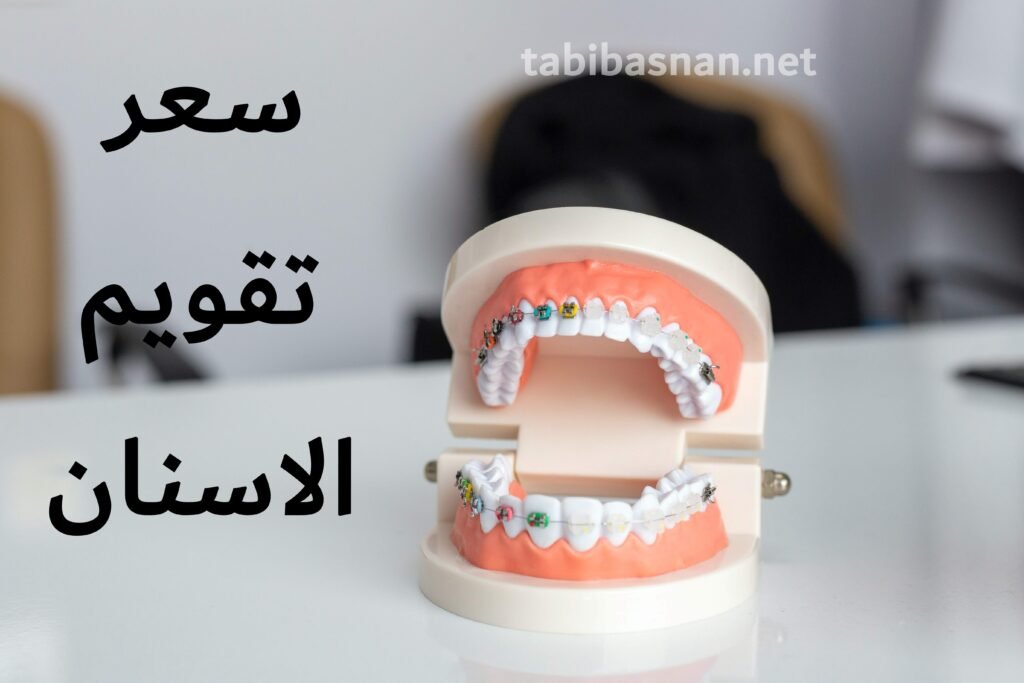If you have a dislocated tooth and it is still empty.. I will now tell you what problems you may have because of this dislocation. And I know that 99 percent of people do not know about these problems, or they would not have taken the decision to extract their teeth easily.
At the outset, folks, we must remain aware that the decision to divorce itself cannot be taken easily. In the sense that there is unfortunately a person who always has the first tooth to hurt him, so he still wants to take it off all the time, even if he can be treated. For example, in cases like this, I do not agree to the extraction, and of course I try to convince this person to preserve his tooth and treat it much better than the extraction.
Tooth extraction or treatment? Which one is more expensive?
Some people still have a problem with the cost. but even if that is they do not calculate it right at all.
The one who thinks that removing the molar is better than treating it is wrong, of course. Because the cost of replacing the tooth you are going to extract will be much higher than treating it.. In any case, whatever the method of compensation is, the natural molar is definitely better.
Different ways of replacing the place of dislocation.
Of course, there is such a way to install or replace an extracted molar, and the best of them, for example, is cultivation, and its cost is, of course, greater than treating a molar from the beginning, according to what the problem was.
What happened is happened, and you pulled your tooth and its place became empty.. What problems can happen.. These are things that have already happened in many cases and I have seen them a lot.
Tooth extraction and non-replacement problems:
Constant tooth movement after extraction.
What would happen if you extracted a lower molar, for example.. the molar that saw it moves forward and tilts and does not stop standing evenly.
Periodontal pockets and infections in the gums
These spaces create periodontal pockets, gingivitis, and later receding of the gums and bone.
Caries of adjacent and opposite teeth.
Also, because food always enters these spaces, it causes caries for the molars, between which food is stuck.
Ok just like that.? Do not let us see what will happen in the teeth of the opposite jaw.
The effect of a molar extraction on the teeth of the opposite jaw:
The molar opposite the location of the extraction will descend into this space with time. Its level remains very distinct from the rest of the molars before and after it.
This in return clears the place of contact between him and him, and the molars that he brought together are not controlled… in return, it makes food become stuck between them and decay occurs in them.
Effect of tooth extraction on jaw bones:
The place of the dislocation itself will cause the jaw bones to recede very much.. Then, after a period of time, it will be difficult to do the implants in this place, unless you perform the first surgery in it, which will return the size of the bone again, so you are allowed to do the implants..
And if the dislocation was in the upper jaw, the sinuses inside the jaw bones would increase in size and take the place of the roots of the molar that were extracted.
And he needs another surgery with or before the implant to raise the sinus again and fill this place with another bone so that you know how to implant. It is called a sinus lift before dental implants.
Summary of the consequences of tooth extraction and non-compensation:
4 respectable periodontal pockets, the molars are curvy, so you will need an orthodontic treatment in order to adjust. See what the cost of orthodontics is!
- Receding and erosion of the jaw bones.
- The descent of the sinuses, which makes it difficult to transplant later.
- Caries 5 molars in all of this side.
- The occlusions of the jaws differ, and it is possible that you will get problems in the jaw joint because of this.
The cost of proper compensation, the longer it is delayed, the higher it will be.
So, from the outset, the best and most cost-effective decision for you is to preserve the molar itself and remove it, except in extreme necessity, of course, and that there is no hope for this molar.
The question is here, one will say, OK, what I treated was brutal, and I worked and settled and blunted. what should I do?
Choose the correct doctor. Do you choose a doctor on the basis that it is cheap or expensive? He chose the doctor who worked well and is safe or not.
And, God willing, we will do a special episode on this topic.


